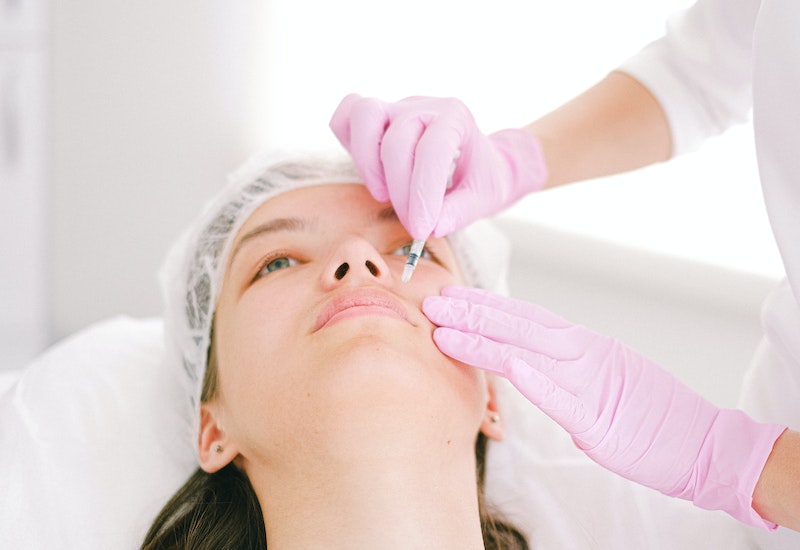If you’re a med spa owner or the owner of an establishment that offers cosmetic treatments, you know just how challenging it can be to comply with Illinois regulations—especially sales tax regulations.
The tax code can be confusing, and it can be difficult to determine when and how sales tax should be collected on prescription and non-prescription drugs like Botox.
In this blog post, we’ll break down what you need to know about sales tax and Botox in Illinois. There may also be a sales or use tax for prescription and non-prescription drugs imposed by your city and/or county.
Taxing Drugs and Medicines: A Brief History
The history of taxing drugs and medicines in Illinois dates back to the early 20th century. In 1919, Illinois became one of the first states to impose a sales tax on retail transactions.
However, it wasn’t until 1933 that Illinois began to tax prescription drugs. At that time, only prescription drugs were subject to the tax, and the rate was set at 2%.
Over time, the scope of the sales tax on drugs and medicines expanded to include non-prescription drugs and other medical supplies. In 1965, the sales tax rate on prescription drugs was reduced to 1%. Nonprescription drugs and medical supplies were also taxed at this rate.
In 2010, Illinois made changes to its tax code that affected the taxation of drugs and medicines. Specifically, the state began to tax over-the-counter drugs and medicines at a lower rate. This change was made in response to concerns about the rising cost of healthcare and the need to provide relief to consumers who were paying high prices for essential medicines.
Taxes on Medicines and Drugs
Illinois generally imposes a 6.25% sales tax on certain goods and services. One category of goods that are subject to a different sales tax rate is medicines and drugs, whether they are prescription or non-prescription.
Under multiple Illinois statutes, including 35 ILCS 120/2-10, 105/3-10, 110/3-10, and 115/3-10, prescription and nonprescription drugs are subject to the reduced 1% sales tax rate. Many cities and counties impose their own sales taxes on top of the state’s 6.25% or 1.%, and so it is equally important to understand your city and county’s rates for medicines and drugs.
Is Botox a Taxable Medicine or Drug?
The definition of “medicine or drug” can be found in Section 130.311(b), which states that “A medicine or drug is any pill, powder, portion, salve or other preparation for human use that purports on the label to have medicinal qualities.”
This definition is quite broad and includes a wide range of products that are intended for human use and are labeled as having medicinal properties.
In addition, the regulations further define what constitutes a “medicinal claim.” According to the regulations, “A written claim on the label that a product is intended to cure or treat disease, illness, injury or pain or to mitigate the symptoms of such disease, illness, injury or pain constitutes a medicinal claim.”
Given its uses, which include certain medical conditions, as well as for cosmetic procedures, Botox safely falls under the classification of “medicines and drugs.”
Who Pays Sales Tax on Botox?
In Illinois, sales tax should only be paid once on the item. When a healthcare professional is administering the Botox injections, they may be able to pay the sales tax rate directly to the distributor.
However, if the provider did not pay the sales tax at purchase, the supply would have to be broken out of the service portion for the cost of the injection, collected from the patient and remitted to the Department of Revenue.
In other words, med spas and practitioners providing Botox injections must pay the salestax once, and only once.
If you have questions about your med spa operations, sales tax obligations, or professional license requirements, please contact us today at 1818.
Sources
- Illinois History of Taxes,” Illinois Department of Revenue, accessed March 17, 2023,
- New Sales Tax Rules for OTC Drugs and Food,” Illinois Department of Revenue, accessed March 17, 2023,
- A Brief History of Illinois Taxes,” Illinois State Bar Association, accessed March 17, 2023,
- 35 ILCS 120/2-10, accessed March 17, 2023.



